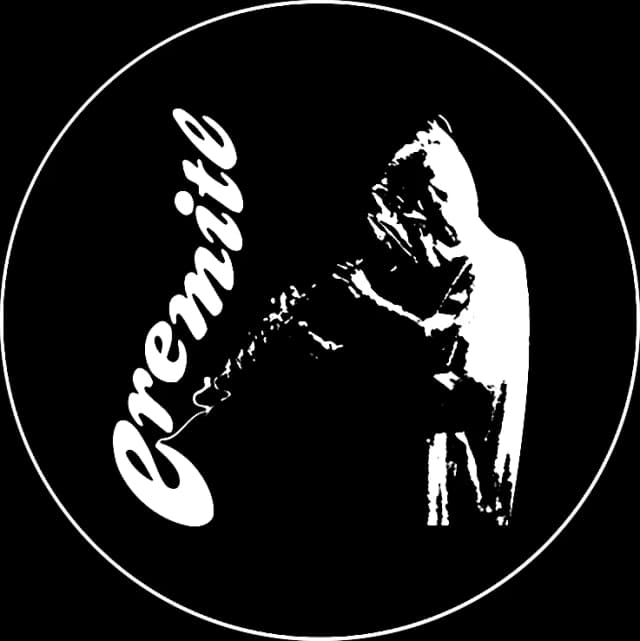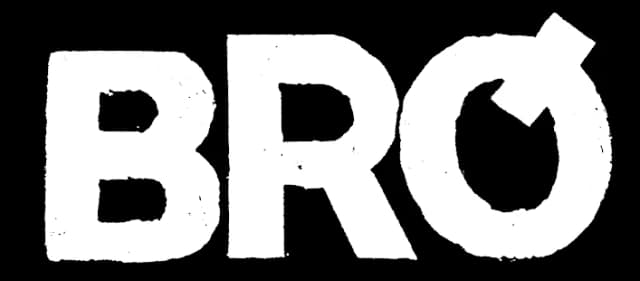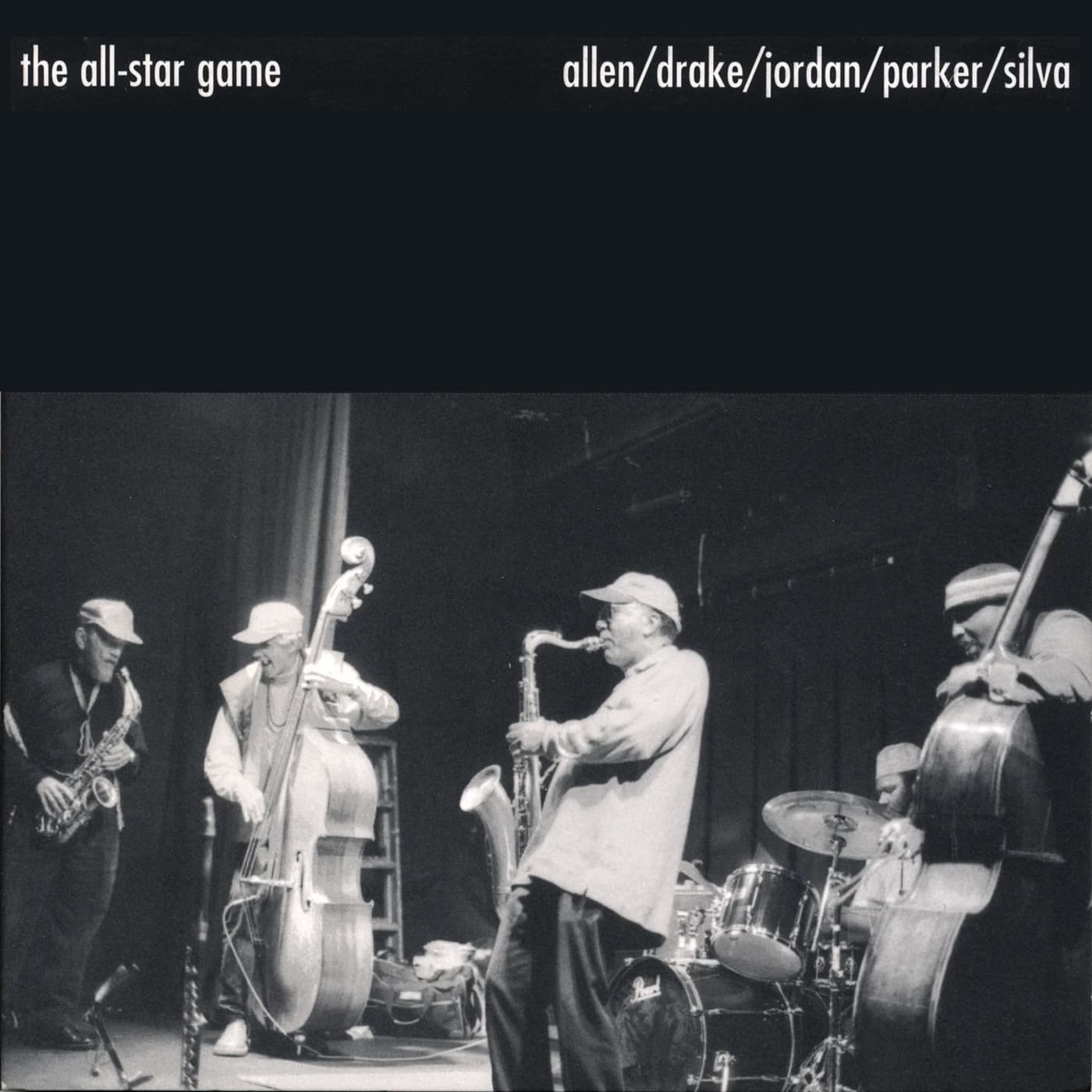The All-Star Game
Marshall Allen/Hamid Drake/'Kidd' Jordan/William Parker/Alan Silva
Out of Print
Personnel
Allen alto saxophone
Drake drums
Jordan tenor saxophone
Parker bass (right channel)
Silva bass (left channel)
Track Listing
- I (09:53)
- II (12:06)
- III (13:34)
- IV (11:16)
- V (11:33)
- VI (16:57)
Audio Clips
II
16.63 MB
Recording Notes
2000-12-01, ICA Theater, Boston MA (Boston Creative Music Alliance)
producer Michael Ehlers
engineer The Eremite Mobile Unit
photos Michael Wilderman
Description
an imposing concert recording by a remarkable gathering of first & second generation american free jazz heavyweights. octogenarian marshall allen, a member of the sun ra arkestra since the early fifties & now the arkestra's acting leader, makes a rare small group appearance. septuagenarian edward "kidd" jordan is a secret hero of american music, a legendary musician whose dedication to grassroots education in his hometown of new orleans has kept his profile low among the general jazz public (his sons kent & marlon --& all the marsalis brothers-- number among his many students). a member of the 1960s arkestra, alan silva is widely recognized for his otherworldly bass playing & his innovations in the rarefied realm of orchestral free improvisation. william parker & hamid drake are the premier rhythm section in the resurgent american free jazz scene, & the all-star game reveals yet another facet of their powerful chemistry.
dustedmagazine.com, 2003 redux
jazz weekly, best of 2003
Press
There's much to celebrate about these two discs, classic encounters of the energy chapter of free jazz -- in each case two saxophones & rhythm section blowing toward some apocalyptic possibility; no theme in sight, with power & conviction that have too often seemed drained from American free jazz. What happens in each case is an explosion of impassioned utterance, soul-searing work in the rituals first defined by Ayler, Coltrane, Sanders & the Sun Ra reed section of which Marshall Allen was a member. These may not, in any sense, be regular bands, but they're bands without a weak link, whether ego-centric, technical or conceptual. The All-Star Game features what is unquestionably the senior ensemble. It's a marvelous meeting in which Allen & Jordan dance across the pulsing maze of multiplying rhythms set up by Drake & the two basses of Parker & Silva (another early presence). & what a pleasure it is to hear the two bass combination, a feature of some of the classic & defining recordings of the genre. While Jordan unquestionably belongs in the All-Star Game, he is among the most under-rated of musicians, a fountain of torrid energy & exalted invention who is entirely worthy of this rhythm section. (the other disc referred to early in this review is Leo 369, Shoup/Flaherty/Moore/Corsano Live at Tonic.)
Anyone who dares say that Alan Silva's over the hill as a bass player just because he spends a lot of time these days sitting behind a synthesizer should be forced to listen to this baby through ten times in a row. He teams up here with William Parker to form the most dynamic two bass section since Cecil Taylor's Unit Structures (which featured, as you'll recall Henry Grimes and.. Alan Silva). For once even Hamid Drake sounds like he's being driven rather than doing the driving. Not surprising since there's another titanic duo out front, veteran Sun Ra alto saxophonist Marshall Allen and Edward "Kidd" Jordan on tenor. Actually, "veteran" is the kind of disparaging term that Ehlers has been fighting against since he started his label (so i'll tactfully withdraw the epithet): his artistic credo has always been to document the work of the earlier generation of free jazz pioneers who are still very much alive and kicking but whom few labels seem to want to record (the Ken Vandermarks of this world can fend very well for themselves, after all). This volcanic 75 minute live set recorded in Boston's ICA Theater on December 1st 2000 is glorious proof that Ehlers is on the right track. The combined age of these five gentlemen may be well past 300, but any one of them could go the full fifteen rounds with the young cats and probably floor them with a hook to boot.
The All-Star Game indeed. This 73-minute jam in six parts is the aural document of a gig held at the ICA in December of 2000. The lineup that champion saxophonist Marshall Allen chose is startling: Kidd Jordan on tenor, Hamid Drake on drums, and both William Parker and Alan Silva on basses! And before you surrender to the erroneous notion that this is just some blowing session where skronk is the name of the game front and back, get real. These men are all improvisers of a different sort. All of them have played in very disciplined units and know how to make the most of dynamic, harmonic interplay, tonal dexterity, and (of course) group interplay as well as solo improvising. The exchanges between Allen and Jordan themselves are remarkable for the way in which contrapuntal allowances are turned around in a series of cadences dictated by the bassists and then articulated through first subtle and then bleating shifts of tone and color. The articulation of breath, elongation of line, and opposing notions of legato phrasing as it differs from alto to tenor player is remarkable. On the third and fourth sections, the engagement of both bassists with Drake as the sax players lean in to play tight and close to the rhythmic sprawl is nothing short of astonishing. That this intensity of focus and creativity is displayed for this length without a single straw note or easily copped riff or trope is remarkable in and of itself. But the real secret of this gig's success was in its reliance on keeping the rhythm section the center of focus and attention: this music swings -- albeit in an entirely new way -- as hard as it blows.
Very discreetly on the back of The All-Star Game's black and white digipak packaging reads "Vol. II of the Silva/Parker Duos," and it's this collaboration that distinguishes this live jam session from other free jazz quintet workouts. William Parker's unwavering commitment to swing and rhythmic flexibility, paired with Alan Silva's original sense of time and unerring flair for the grand gesture, complement and counterbalance these same qualities in the dueling horn players, Kidd Jordan and Marshall Allen. Jordan's tenor is all tonal shading, growling and roaring on one run, squealing and whinnying on the next. Allen's alto darts in from the side, floats in from the top, doubles back from the front, and kickstarts the energy from below. Each of these players is an expert musician in every conceivable form of group interplay, from duos and trios to big bands, and The All-Star Game touches on all of them through improvisational creativity, disciplined restraint, or simple flat-out energy.
With Allen and Silva on one side and Jordan and Parker on the other, the apex of this five- pointed star is drummer Hamid Drake, acting as the fulcrum for each see-saw of sound. Through it all his cymbals shimmer and his drum kit rolls, rumbles, and punctuates each statement, whether whispered in the program's softest moments, or shouted in its hardest.
The All-Star Game is like those old math movies we'd see in school, where animators would demonstrate how large rectangles were made up of smaller squares, and stars were constructed from endlessly interconnected triangles, lines linking with each other in infinite combinations. In the finest improvising units, one musician does something, then another reacts to that, then another does something, and in a few bars, they're all reacting to each other, with independence and individual voices, but with respect for the whole, and with a unifying vision.
The unifying vision here is hard blowing matched to equally hard swing, with the occasional relaxed passage to give us all a chance to catch our breath. For nearly 75 minutes they have at it, and not a single note is wasted.
You might think of this as an old-fashioned jam among old friends, with plenty of moments of exquisite beauty throughout. The unusual instrumentation – two saxes, two basses, and drums – works surprisingly well, and even though there are six separate tracks listed this is actually one long piece, with the dividing points artificially marked. Marshall Allen and Kidd Jordan are surprisingly compatible, playing off one another with phenomenal intensity, spurred by the furious acoustic string basses of William Parker and Alan Silva, and lifted by the powerful drumming of Hamid Drake. For some this is bound to be the closest thing to nirvana, though there are occasional times, such as on "II" when the horns get slightly bogged down in a maze of permutations. They manage to extricate themselves, of course, with little difficulty, and continue for lengthy periods to pummel the pavement with high intensity. Energized and unabashedly uncompromising, there is a joyous, unrestrained atmosphere that is almost purgative in its emotional impact. When the group clicks, as it often does, it is about as good as it gets, with an almost Brotzmanian apocalyptic quality to it that mitigates any lapses in continuity. Sure, at times it rambles a bit, and at others the quality of the solos of the horns is somewhat erratic, but by the end all is forgiven as the great moments overwhelm the listener, leaving him (or her) almost breathless.


